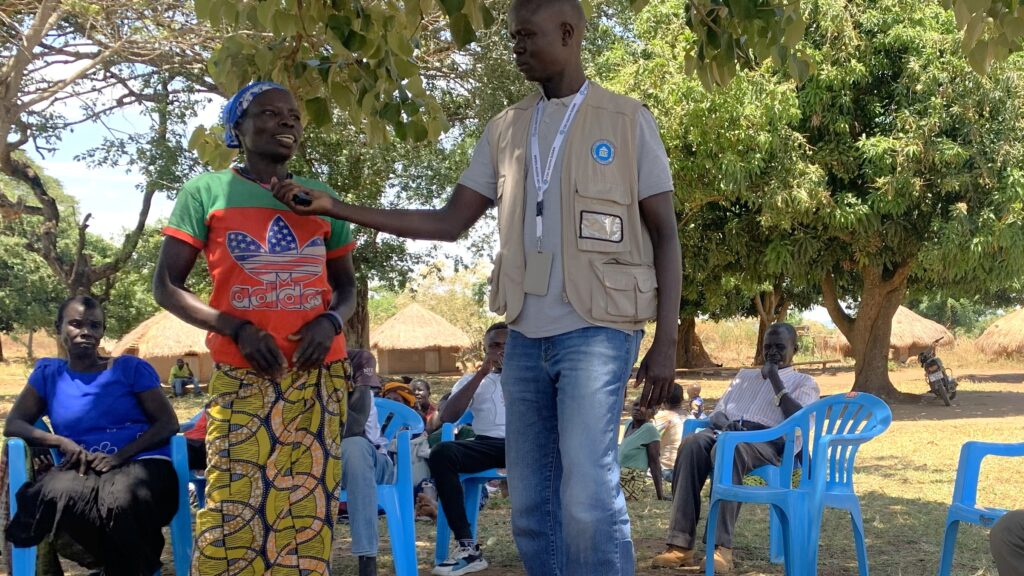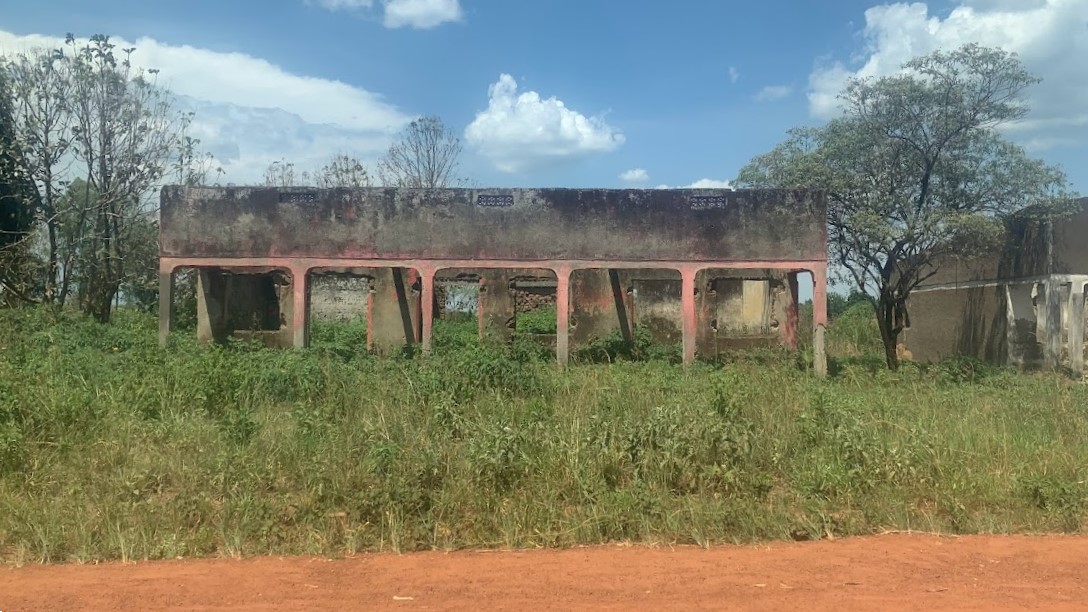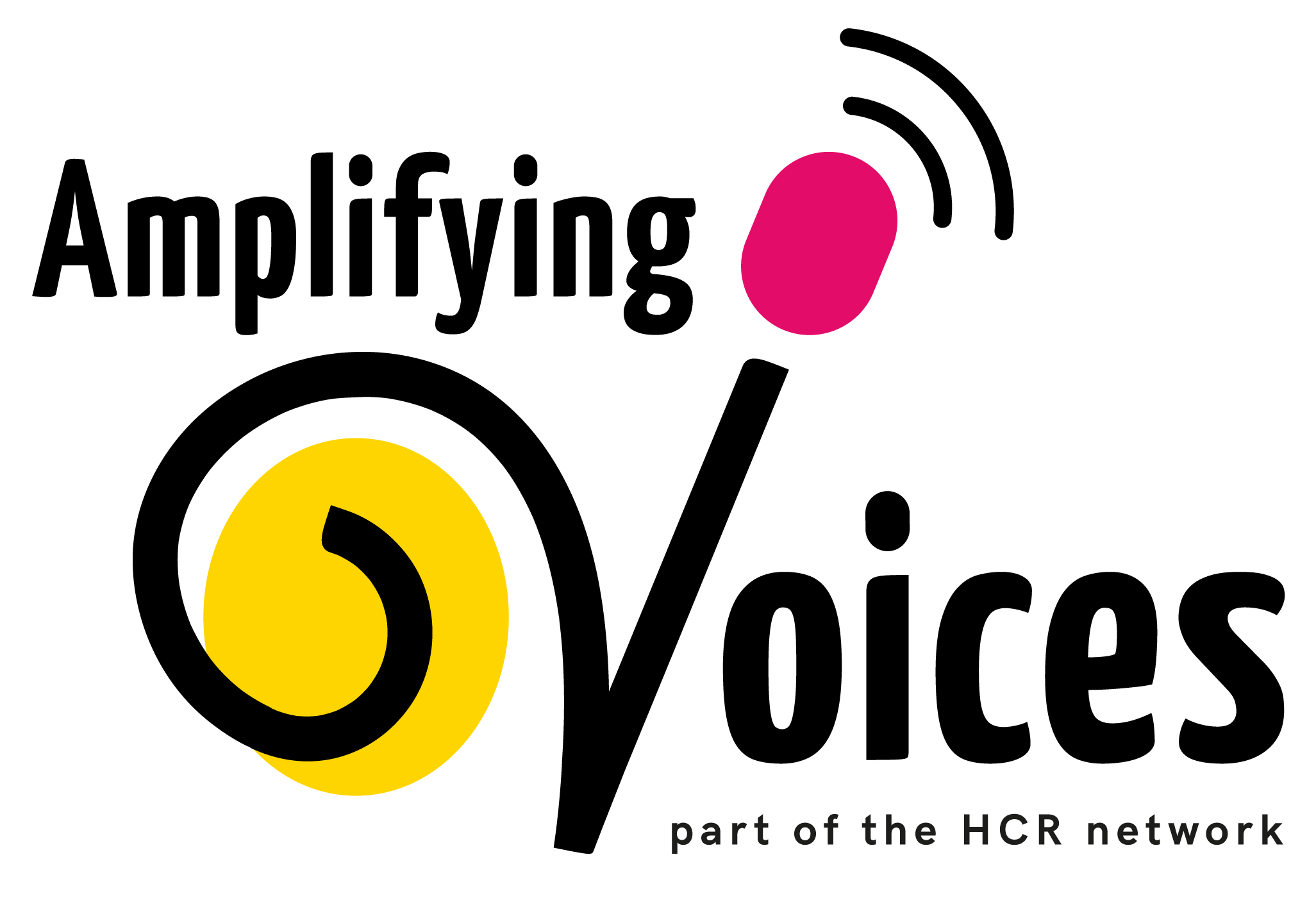
Safer to greet
Jon picked up a crushed plastic bottle from the path in front of him, planning to bin it at the earliest opportunity. As he did so we looked around us, seeing what seemed to be a sea of discarded plastic. The apparent futility of his intention symbolised our mood at that moment.
We were in Morobo in South Sudan, visiting the Hope Village project and providing a media training workshop for people in local villages, many of whom had recently returned from refugee camps in Uganda or Congo. Since arriving we had felt constantly confronted by the scale of challenge faced by the returnees, the oppressive background of political instability, and the smallness of the part we could play.
Yet, as we spent time with community members, we saw and heard stories in Morobo that shifted our perception from futility to sharing in the hope felt by these people, who are willing to risk so much to return and to see potential in such a fragile place.
We had arrived in Morobo following the same route as many returnees, by road via the Kaya border crossing point. The distance from Kaya to Morobo is relatively short, only 16 miles by road, but until very recently that short distance would have seemed very long to travellers because of the risk of violent robbery, or sexual assault.

Rows of buildings that were once shops are now shells. People find new places to trade from. Morobo County, South Sudan
As our vehicle made its way along the rutted and eroded road, our companions pointed out the burnt-out car of a bishop who was robbed last summer, and then to a place where they themselves had been robbed and narrowly escaped a worse fate. Many of the brick buildings lining the roads had been abandoned during South Sudan’s conflict in 2016. The valuable roofing sheets had long since been removed.
Returnees were building homes, but using traditional methods with grass roofs instead of steel sheeting. These newly built houses were harder to see, many of them further back from the roads, reflecting a preference for finding concealment in the bush.
Hope Village started about a year ago. Our partners, Community Development Centre in South Sudan (CDC), provided speakerboxes to listener groups in several villages between Morobo and the Ugandan border at Kaya. Each group consists of around 10 families. The CDC team in Yei, supported by volunteers in Morobo, have been creating and distributing monthly podcasts which the listener groups play on the speakerboxes. The podcasts include interviews, stories, and songs from community members. Our workshop was aimed at helping community members discover more ways they could use media to mobilise their communities and build for peace.
During and following the conflict, soldiers in this area have usually been posted from another part of South Sudan and belong to other tribes. This has often led to soldiers abusing or oppressing local villagers, especially on the roads, or by plundering crops at harvest time. Bravely, the Hope Village team had decided to give a speakerbox to the local army barracks and include them in the community conversations.
During our visit we attended a community meeting and heard that this has been a good decision. One person from Kimba community told us –
“The community is living together well. It [the podcast] has encouraged people to cultivate [because crops won’t be plundered]. Before the [podcasts], we couldn’t travel far. But now there is less fear of soldiers – more peace – we are even able to greet soldiers in passing on the road.”
A woman then stood up and gave her perspective –
“Before the [podcasts] there was no unity or love. Now when we meet someone on the road (even men) we greet in peace. Because men … have realised that GBV (gender-based-violence) is wrong.”
Not every story was so positive. One man told us about his village, close to a camp of opposition forces. It is currently too dangerous to give a speakerbox to soldiers in the opposition forces camp and this village continues to face robbery and plundering. But his story led to a conversation among the leaders. Something must be done. This story must be heard too.
Some young people were passing the meeting and stopped to listen. One of them, a youth leader, spoke up, saying that he likes the entertainment –
“The songs have good meaning. War has led to rape, turned people poor, but songs give hope.”
Losing the culture of greeting one another in the road may not seem like the worst effect of war, but the stories of people finding it safer to greet again symbolise the hope of people on the road to peace.
You can listen below to the Hope Village theme song (written and performed by Barnabas Samuel) …
